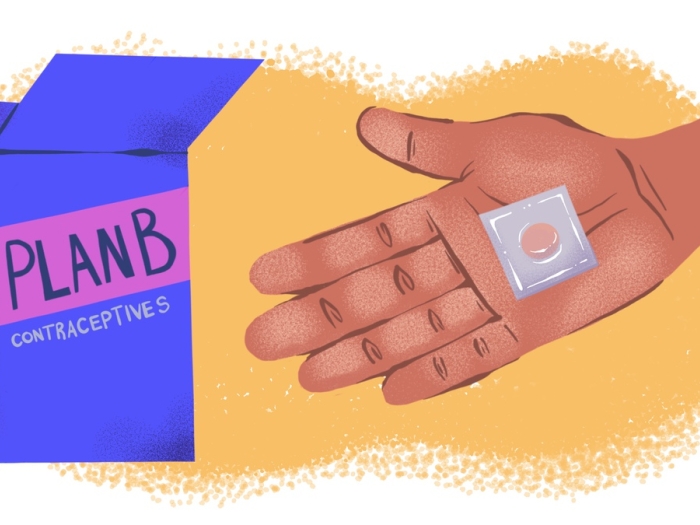Access to health care for veterans with liver disease is highlighted in a new paper, which links visits to specialists with improved treatment outcomes.
3:00 PM
Author |

Veterans with liver disease who had at least one appointment with a gastroenterologist or hepatologist lived longer than those who didn't see a specialist, according to a recent study.
The paper, published in the American Journal of Gastroenterology, may not be generalized for all adults due to its limited study population. But identifying the best way to treat liver diseases across the public is increasingly on the health care radar. Obesity is driving non-alcoholic fatty liver disease and hepatitis C is also a growing medical problem, for example.
In the research, five-year survival for patients with liver disease improved with specialty care. Researchers are trying to pinpoint exactly what mattered most in the interaction.
"Precisely how subspecialist access may influence survival is unknown, but we have learned the impact is dose-dependent," says senior author and hepatologist Grace L. Su, M.D., chief of gastroenterology at the VA Ann Arbor Healthcare System and professor of internal medicine at the University of Michigan Health System. "Survival rates were better among those who had two or more GI visits compared to those who had one or two visits."
Higher rates of screening for hepatocellular carcinoma, greater familiarity with and rapid recognition of complications and greater likelihood of referral for a liver transplant when appropriate may all have a role in better results from specialists' care, the paper finds.
The association between GI specialty care and improved survival may not be related to GI specialty care exclusively, but may result from a connection to health care in general.Grace L. Su, M.D.
Driving long distances for care
Of the 28,861 Veterans Affairs patients with liver disease in the study, a reported 37 percent had a GI visit.
The low number of subspecialist visits, especially for an integrated health system such as the VA, may point to access issues.
The study titled "Access to Care and Survival in Liver Disease" revealed the patients, with a mean age of 56, drove an average of 69 miles for their GI visit.
Patients who lived farther from a specialty care center were less likely to be seen. Those who had a diagnosis of hepatitis C and cirrhosis were more likely to be seen, according to the study.
The landscape is changing for hepatitis treatment. As newer, more tolerable, all-oral regimens with shorter treatment durations and fewer side effects become available, expectations of those with hepatitis may grow.
"Before a concrete diagnosis, when liver tests are abnormal, perhaps patients aren't considered sick enough to see us," says Su, who describes cirrhosis, an irreversible scarring of the liver, as underdiagnosed. "There are different ways to support this specialty interaction, and it may not require an actual trip."
Programs such as SCAN-ECHO, e-referrals and telehealth initiatives are emerging as important ways for patients with chronic diseases to obtain specialized care wherever they live.
Through virtual clinics, specialists and community providers share treatment strategies, results and the latest medical research to analyze their patient cases and develop solutions.
The connections generate communication and expertise among primary care physicians.
"The association between GI specialty care and improved survival may not be related to GI specialty care exclusively, but may result from a connection to health care in general," says Su. "Improvement in mortality may reflect the combined effects of both primary and specialty care of the patients' liver disease and other health issues."

Explore a variety of healthcare news & stories by visiting the Health Lab home page for more articles.

Department of Communication at Michigan Medicine
Want top health & research news weekly? Sign up for Health Lab’s newsletters today!





